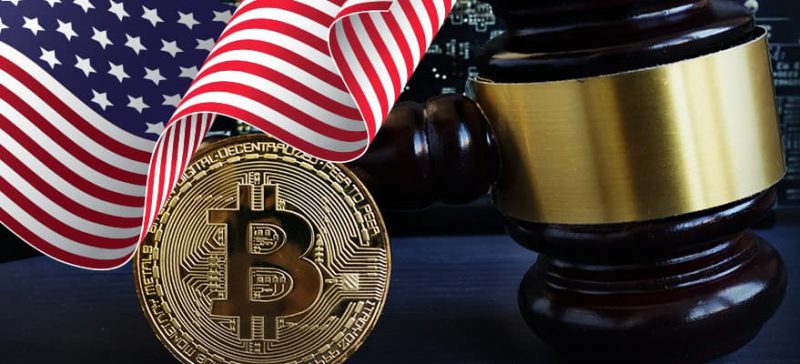During the late hours of Monday, a set of documents with the ‘EMBARGOED’ watermark started doing the rounds on social media. As soon as Twitter user ‘bot_slam’ tweeted images of the same, likes and re-tweets started piling up and people from the crypto community gradually started discussing the nuances associated with it, mostly the repercussions.
So, what was leaked? A CFTC law under discussion? A SEC memo? A pre-mature company filing? Well, seems not. Apparently, the 600+ page US Crypto Bill has been leaked. Yes, you read it right, the US Crypto Bill.
What does the Crypto bill encapsulate?
As such, the crypto bill provides regulatory clarity and bursts clouds of doubt that currently linger. Questions that were dodged until now, have finally been answered. However, there are a few rough patches as well that might end up being nightmares for investors and entities, if passed. At the same time, there are a few positive takeaways as well.
Starting off with compliances, DAOs, exchanges, and stablecoin providers would have to become registered entities. If not registered, they’d allegedly be subjected to taxes.
Many security laws have been re-painted with clarity, and a host of assets have been re-classified as commodities under the CFTC. Amongst all clauses, the one that stood out was that if there is any debt, equity, profit revenue, or dividend of any variety, then the underlying asset would not be labeled as a digital asset commodity anymore.
The disclosure laws have been made stricter and it’d be near impossible for anonymous projects to existing.
Separate provisions with respect to crypto exchanges were also outlined in the bill. Compliance costs are proposed to be risen. Investors might have to indirectly bear the burden of the same as exchanges would try to recover the same via higher fees.
Further, the bankruptcy definitions have also been changed. Per the bill, assets deposited would get returned to users and not liquidated. This clear-cut proposal might end up being a win-win for users if passed.
Also, fee offsetting rules mean exchanges would have to pay the government from fees, and the same would likely escalate costs.
The bill also had a separate section dedicated to Terms of Service and users would have agreed to conditions based on the source code version. Also, any update to the source code would call for a fresh agreement.
Additionally, a host of other regulators have been granted intersectional powers to investigate and provide advice on regulations in new areas. The proposal also gives depository institutions the right to issue stablecoins. Alongside, the bill also clearly chalks out other compliance requirements and penalties.
Opining on the regulatory bits, Cinneamhain Ventures’ Adam Cochran tweeted,
“They are all higher than we’d like but at least it is clear and not rules via enforcement.”
What’s more, the bill also intends to unify a few money transmission laws across states. Additionally, the information-sharing landscape is set to become even smoother between agencies.
What to make of it?
Most people on Crypto Twitter magnified the gray areas and outlined how the crypto landscape would end up becoming, even more, stricter going forward. Dogecoin’s Billy Markus, for instance, tweeted:
Well, at this stage, it should be noted that the afore leaked documents are likely the initial drafts of the bill. When presented, lobby groups would enter the scene and try to unbend the curves. Opining on the same Cochran said,
PS- Since this is just the first form of a bill, this is when lobby groups will start to get involved and help try and shape it and iron out some of the clunky languages that would be problematic, so it isn’t all hope lost. There is good intent here.
He, however, also added,
I would say if it is though, and if it passed in this form its good *LONG* term for big entities, super painful near term for 99% of crypto.
The leaked documents and the rules outlined above need to be taken with a grain of salt because the authenticity of the same is not confirmed yet.





